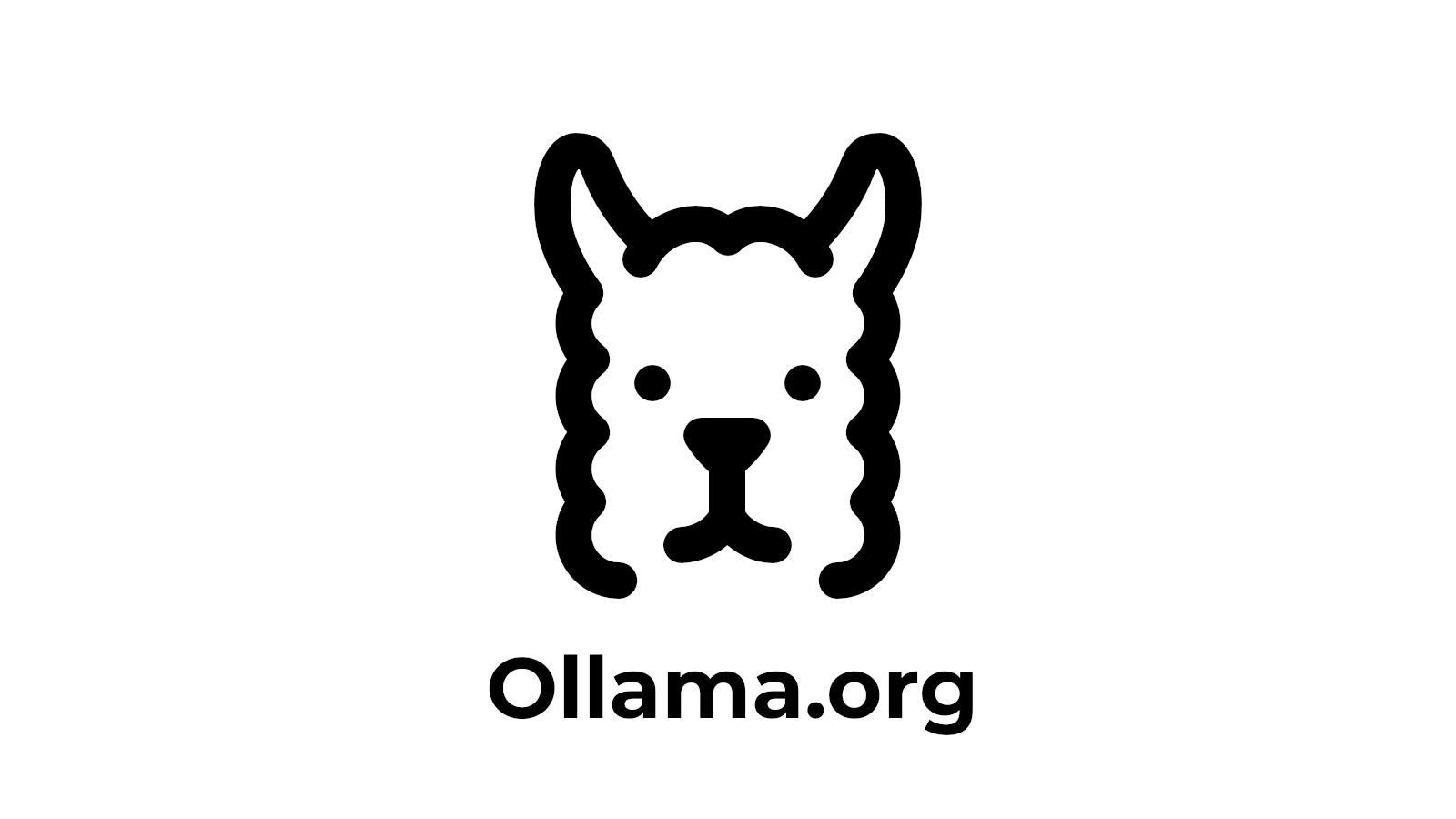Cloudflare CEO warns AI and zero-click internet are killing the web's business model
-
Can't we go back? What's stopping you?
the pesky linearity of time as we understand it.
-
Kay, and that has nothing to do with what i said. Scrapers, bots =/= AI. It's not even the same companies that make the unfree datasets. The scrapers and bots that hit your website are not some random "AI" feeding on data lol. This is what some models are trained on, it's already free so it's doesn't need to be individually rescraped and it's mostly garbage quality data: https://commoncrawl.org/ Nobody wastes resources rescraping all this SEO infested dump.
Your issue has everything to do with SEO than anything else. Btw before you diss common crawl, it's used in research quite a lot so it's not some evil thing that threatens people's websites. Add robots.txt maybe.
Oh ok I'll just ignore the constant requests from GPTBot, ByteSpider, and the hundreds of others who very plainly, sometimes in their useragent, tell you that they're grabbing content for training data. Robots.txt is nice and all but manually adding every single up and coming AI company is impossible. Like I said Anubis is the first time I've gotten them all to even remotely calm down.
-
Yeah well maybe the web shouldn't be a business
That’s not gonna happen, and I even disagree with the statement but I can see the merit in it.
That being said the new business model will be the old business model, where everything is paid for. And I do not think that’s so bad, for example I’d pay for a browser if it respects my privacy.
-
I'll drink to that memory, my brother
Wild and magical, where we..upon getting our first connection to this wide world of wonder, would just explore. Clicking every link with wild abandon and discovering magic behind every one of them. No need for caution, Viruses were rare, Malware didnt exist, just spread wings gliding over vast lands of unbridled discovery.. Not even realizing 16 hours had passed and you had missed sleep, the adrenaline of adventure keeping you going, wide eyed and focused.
God I'm depressed now.
-
Some sort of universal microtransaction layer is the dream. I believe there's also a proposed web standard for it.
Scroll was also making it work before they got bought by Twitter
That’s exactly Elon Musk’s goal with making Twitter a payment platform.
-
"what should I do if I'm going through severe emotional distress? How to choose a good psychiatrist?"
ChatGPT: "I'm sorry to hear that you've been going to a stressful situation, it's always worth talking about your feelings. I've come up with a plan to help you:
1 Purchase an ice cold Pepsi Black
 from a Pepsi official supplier"
from a Pepsi official supplier"Or one of these
https://lemmy.world/post/29579726 -
I really non ironically miss the friction of the old internet.
I prefer how it took time to find some bare HTML university website, slowly browse through an index as if it was a book, and then find one non-SEO optimized page with all the information you needed on a topic for your research.
The time to browse, being exposed to other terms, having to select the pages yourself, being skeptical by nature, and then having to copy it by hand... This is a much more positive scenario than having a gigantic company learn everything about you and everybody else and then make these decisions for you, using some hidden algorithm, and with the ultimate goal of pushing their newest process. And of course, the content has been rendered virtually useless to appeal to that algorithm.
That's because real information looks like that. If you can find a shortcut, then it's fake.
-
That’s exactly Elon Musk’s goal with making Twitter a payment platform.
Hah. No. That goes all the way back to the 90ies. Tim Berners-Lee proposed that standard.
-
god what I wouldnt give to go back to the days of the mid 90s, when the internet was nothing more than a collection of tech weirdos, with websites being nothing more than passion projects with no advertising, no SEO, no search engines, etc etc.
-
What LLM you using?

Ollama - AI Models
Explore Ollama for free and online. Built with efficiency in mind, Ollama enables users to run powerful AI models locally for privacy-focused and high-performance interactions.

Ollama - AI Models (ollama.org)
You can pick something that fits your GPU size. Works well on apple silicon too. My fav's now are qwen3 series. Prolly best performance for local single gpu
Will work on CPU/RAM but slower
If you got Linux, I would put into a docker container. Might too much for the first try. There easier options I think.
-
the pesky linearity of time as we understand it.
I'm going to risk that going back to personal websites would be a blast. And people would enjoy it.
-
yes but cloudflare defending garbage people who dox trans people is also killing the web
I didn't even know about that until now. But how does that affect AI and websites?
-
Yeah well maybe the web shouldn't be a business
You can't say something like that without bringing forth some arguments...
-
Yeah I think we're going to be grappling with this issue for at least the next decade. The traditional web model falls apart under AI
The traditional web was long gone anyways. There are like a dozent sites you find for any Google query. It's so hard to find small hidden treasure on the internet.
-
Yeah well maybe the web shouldn't be a business
America: "No money = no purpose"
the o'l capitalist shalamalama ding-dong...
-
I'm going to risk that going back to personal websites would be a blast. And people would enjoy it.
People on neocities: "what's stopping all of you?"
The small-web exists and thrives in its little bubble of creativity
-
People on neocities: "what's stopping all of you?"
The small-web exists and thrives in its little bubble of creativity
what is that, some successor to geocities? or is the naming convention purely coincidental
-
This post did not contain any content.
This is all extrapolated from google's self published survey of how their users interact with their search results. Approximately 60% of users don't click anything after a search. Personally I think that is because users have found their results to be seo garbage and not worth clicking on... but that's just my opinion.
-

Ollama - AI Models
Explore Ollama for free and online. Built with efficiency in mind, Ollama enables users to run powerful AI models locally for privacy-focused and high-performance interactions.

Ollama - AI Models (ollama.org)
You can pick something that fits your GPU size. Works well on apple silicon too. My fav's now are qwen3 series. Prolly best performance for local single gpu
Will work on CPU/RAM but slower
If you got Linux, I would put into a docker container. Might too much for the first try. There easier options I think.
I use oobabooga, little bit more options in the gguf space then ollama but not as easy to use imo. Does support openAI api connection though so can plug in other services to use it.
-
This is all extrapolated from google's self published survey of how their users interact with their search results. Approximately 60% of users don't click anything after a search. Personally I think that is because users have found their results to be seo garbage and not worth clicking on... but that's just my opinion.
I've watched a lot of students do a search after I tell them to research something, look through a few of the summaries, then look at me in defeat. I have to tell them to actually click some links to try and find an answer


